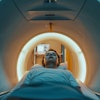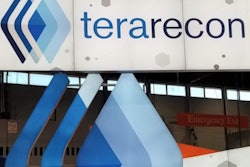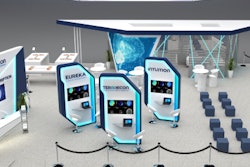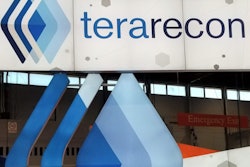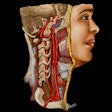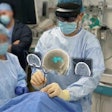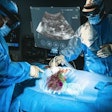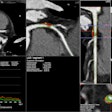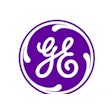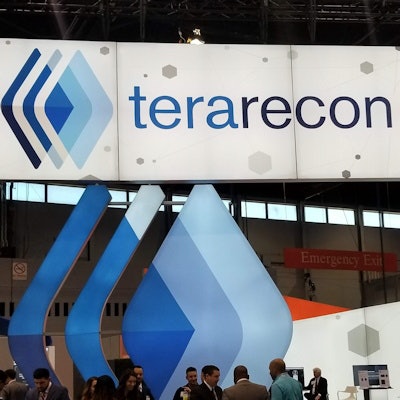
Advanced visualization and artificial intelligence (AI) software developer TeraRecon has been acquired by SymphonyAI, a group of business-to-business AI companies that operate in a variety of industries. Terms of the deal were not disclosed.
TeraRecon will continue to function as its own firm but with the benefit of greater financial resources and synergistic technologies that can fuel its growth and accelerate its product roadmap, according to President Jeff Sorenson.
"We had already built the AI platforms, so what we needed for our customers and for our company was access to additional capital and [advice] on how to best scale and to grow profitably," he told AuntMinnie.com. "And we needed a portfolio of technologies that we could connect to to build really big solutions to problems much bigger than just image processing: image processing connected with information connected with clinical outcomes."
TeraRecon will serve as the seventh company in SymphonyAI's portfolio and the second that operates in healthcare. The other firm -- Concerto HealthAI -- is a developer of oncology AI software.
AI transformation
Founded in 1997 by Japanese radiologists, TeraRecon was one of the pioneering companies in advanced visualization software. Along the way, the firm commercialized software such as AquariusNet Thin Client in 2001 and Aquarius APS advanced preprocessing AV software. The firm later introduced its client/server-based iNtuition AV software in 2007.
In recent years, however, the company has aggressively moved into AI. It purchased machine-learning software developer McCoy Medical Technologies in 2017 and launched its EnvoyAI marketplace and platform later that year. In 2018, the company debuted Northstar AI Results Explorer, a software application that enables users to view and interact with images and reports created by AI algorithms.
In addition, TeraRecon has incorporated AI technology into its flagship iNtuition software, such as the 2019 introduction of iNtuition AI Data Extractor for incorporating advanced visualization data into labeled datasets for AI research. The company also announced this week that it has received two AI-related patents from the U.S. Patent and Trademark Office.
Growth plans
Founded in 2017, SymphonyAI Group comprises seven companies with combined annual revenue of more than $300 million. With access to new capital and expertise, TeraRecon plans to expand its advanced visualization and AI platforms.
"The first thing we're going to do is increase the pace of development for our iNtuition customers with big investments in data science, accelerating the road map of iNtuition," Sorenson said. "We'll [also] have big investments in AI platforms to actually polish them up into self-standing, bespoke clinical applications. We're building on our platform to start delivering the next generations of AI-driven advanced visualization solutions."
TeraRecon will be expanding its team of data scientists to develop new capabilities for iNtuition and its AI platform. Customers can also look forward to a simplified user experience, he said.
"Through improved image science, we're going to make the buttons fall away and make the workflow much simpler," he said. "There are also examples where we can do image processing and deliver value to other systems where user experience isn't required."
What's more, TeraRecon aims to drive the use of AI in other clinical specialties, such as neurology and oncology, Sorenson said.
Future plans
TeraRecon also plans to collaborate closely with fellow SymphonyAI Group portfolio company and oncology AI firm Concerto HealthAI. A 2-year-old firm that raised more than $150 million in a recent funding round, Concerto HealthAI has a large database of cancer patients that enables physicians to treat their current patients based on real-world data from a population of similar cancer patients, according to Sorenson.
The companies have an opportunity to leverage this database by using images from selected patients to train AI algorithms, he said.
"Images would be matched with insights from this population data," he said. "So it's precision medicine and population health combined. And TeraRecon can bring the image enablement to that ecosystem."
In the future, unsupervised machine-learning systems also could be deployed on these datasets to uncover insights that could lead to improved care on these patients, Sorenson said.
"There's so much information in images and so much of it is lost in translation, and there's so much information in patient health records that could better inform imaging and it's just not used," he said. "Those dots are just not connected today. This is really transformational because we can measure the improvements, we can use these tools to create algorithms, and can use them to identify patients who can benefit from the algorithms. And we can use those algorithms to treat patients in real-time."




